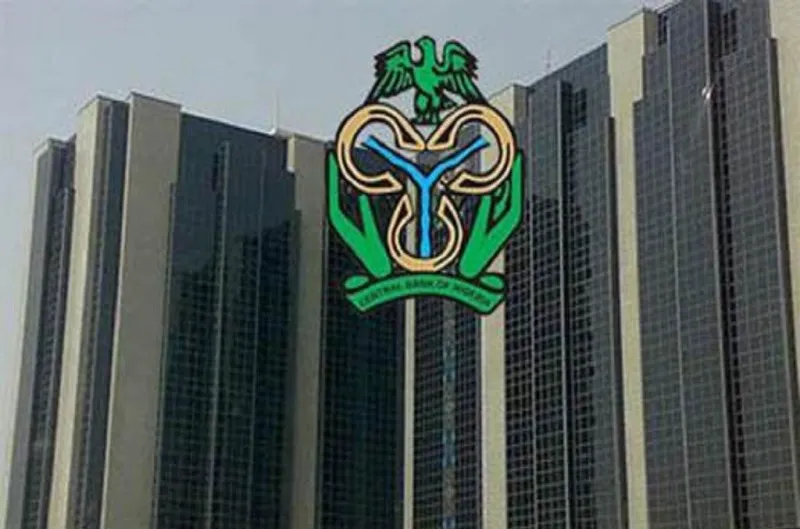Nigeria’s inflation rate reached a new high of 22.22% in April 2023, according to the latest data from the National Bureau of Statistics (NBS). This is the highest level since September 2005, when inflation peaked at 23.8%. The main drivers of this persistent rise in prices are food, transportation, housing and utilities, which account for more than 80% of the consumer price index (CPI).
The Central Bank of Nigeria (CBN) has been struggling to contain inflationary pressures amid a weak naira, low foreign exchange reserves, high fiscal deficits and security challenges. The CBN has raised its benchmark monetary policy rate (MPR) four times since March 2022, from 11.5% to 14%, in an attempt to curb excess liquidity and attract foreign investors.
However, these measures have not been enough to stem the tide of inflation, which has eroded the purchasing power of Nigerians and increased poverty levels. The CBN has also faced criticism for its multiple exchange rate regime, which creates distortions and inefficiencies in the foreign exchange market.
As the monetary policy committee (MPC) meets on May 23-24, Nairametrics predicts that the CBN will have no choice but to increase its MPR by another 25 to 50 basis points, in line with its inflation-targeting framework and its mandate to maintain price stability.
This will be a difficult decision, as it will further increase the cost of borrowing for businesses and households and dampen economic growth prospects. However, we believe that this is a necessary step to signal the CBN’s commitment to fighting inflation and restoring confidence in the economy.
The current rate hikes implemented by the Central Bank of Nigeria (CBN) are likely not aggressive enough to effectively tackle the country’s soaring inflation rate. Despite the CBN’s efforts, inflation has continued to rise, severely impacting the purchasing power of Nigerians and contributing to increased poverty levels.
The persistent drivers of inflation, such as food, transportation, housing, and utilities, which account for a significant portion of the consumer price index, need to be addressed comprehensively.
While rate hikes can help curb excess liquidity and attract foreign investors, additional measures must be taken to address the structural issues that are driving up the inflation rate.
The CBN’s multiple exchange rate regime has been a source of distortion and inefficiency in the foreign exchange market, exacerbating inflationary pressures. The CBN must harmonize its exchange rate regime and adopt a more flexible and market-driven approach that accurately reflects the true value of the Nigerian currency, the naira.
Beyond rate hikes, the federal government needs to implement structural reforms to address the supply-side constraints that fuel inflation. These reforms should focus on improving infrastructure, enhancing security measures, diversifying the economy, and reducing wasteful spending.
By tackling these underlying issues, the government can address the root causes of inflation and create an environment conducive to stable prices and sustainable economic growth.
As the monetary policy committee meets, the CBN also needs to demonstrate its commitment to fighting inflation and restoring confidence in the economy.
Another modest increase in the benchmark monetary policy rate (MPR) would be a necessary step to send a strong signal regarding the CBN’s determination to tackle inflation effectively.
However, it is crucial to strike a delicate balance, considering the potential adverse effects of higher borrowing costs on businesses and households, as this could dampen economic growth prospects.
A comprehensive approach that includes rate hikes, exchange rate reforms, and structural improvements is necessary to address Nigeria’s inflationary challenges and pave the way for long-term stability and prosperity.
Source: NairaMetrics





